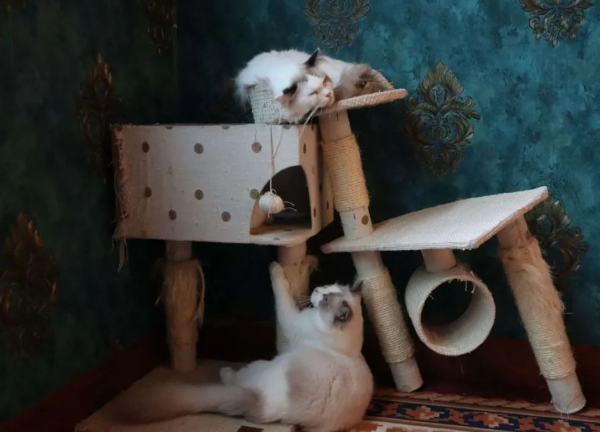Gastrointestinal health in cats: Common problems and prevention
Vomiting is one of the most common gastrointestinal problems in cats and can be caused by food intolerance, ingestion of foreign objects, parasites, infections, or more serious health problems such as kidney failure or diabetes. Temporary vomiting may not be a serious problem, but if it persists or is accompanied by other symptoms, such as abdominal pain or exhaustion, veterinary help should be sought immediately.
Diarrhea can be caused by food irregularities, infections, parasites, or digestive disorders. Persistent diarrhea can lead to dehydration and electrolyte imbalance, so it needs to be treated promptly.
Loss of appetite can be caused by indigestion, dental problems, stress, or more serious health problems. Prolonged loss of appetite needs to be evaluated by a veterinarian to prevent possible malnutrition
Improper diet is a common cause of gastrointestinal problems in cats. Overeating, sudden changes in diet, or eating unsuitable foods can all lead to digestive problems.
Parasites such as hookworm, tapeworm and coccidia are commonly found in cats and can cause diarrhea and other digestive problems. Bacterial or viral infections can also cause serious gastrointestinal illnesses
Summary and suggestion:
Maintaining a healthy cat stomach requires an integrated approach that includes diet management, environmental control, regular medical checkups, and sensitivity and knowledge of specific health conditions. Cat owners should pay close attention to their pets’ daily behavior and health so that they can intervene at the earliest stages of problems
Post time: May-17-2024

